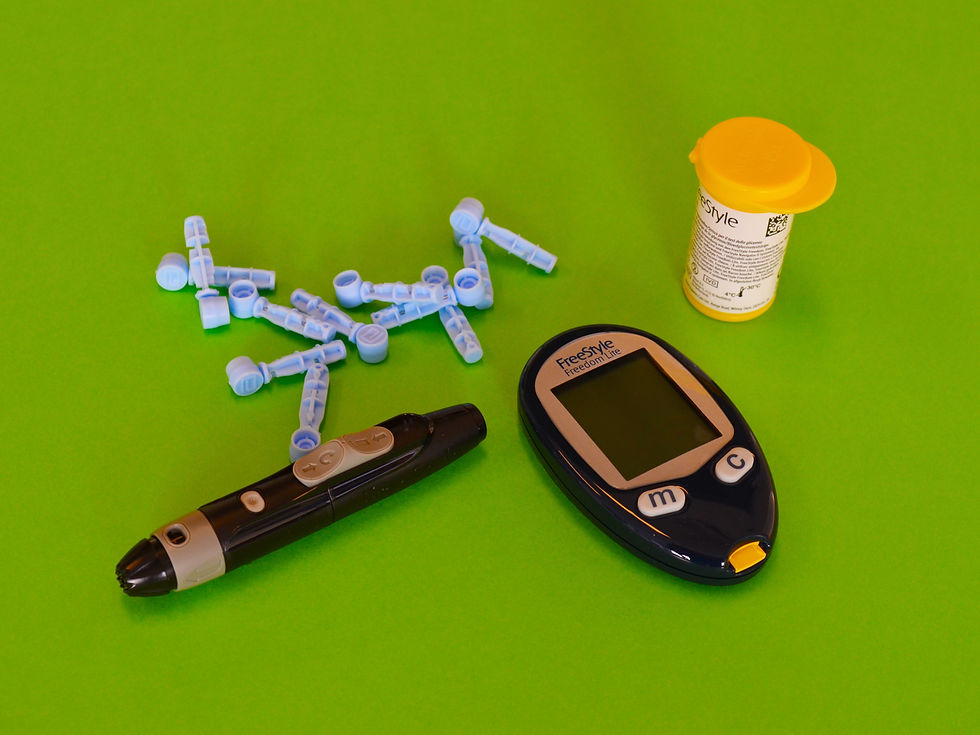In today's fast-paced world, keeping track of our health is more crucial than ever. One condition that often lurks without obvious symptoms is diabetes. Almost 1 in 10 people have diabetes, but many are unaware they have it. So, how do you know if you have diabetes? Let's explore the key signs and symptoms to help you stay informed and take control of your health.

10 Signs to Watch Out For
Frequent Urination: Do you find yourself making frequent trips to the bathroom, especially during the night? This could be a sign of diabetes.
Increased Thirst: Feeling constantly thirsty and unable to quench your thirst even after drinking plenty of fluids might indicate high blood sugar levels.
Fatigue: Diabetes can lead to a lack of energy and persistent tiredness, even after getting enough rest.
Blurred Vision: High blood sugar levels can affect your vision, causing blurriness or difficulty focusing.
Slow Healing: Do your cuts and bruises take longer to heal than usual? This delayed healing can be a sign of uncontrolled diabetes.
Weight Loss: Sudden weight loss without changes in diet or exercise could be a red flag for diabetes, especially Type 1 diabetes.
Increased Hunger: Experiencing intense hunger even after eating can be a result of inefficient glucose absorption in the body.
Numbness or Tingling: Diabetes can cause nerve damage, leading to sensations of numbness or tingling, particularly in the hands and feet.
Recurrent Infections: Frequent infections, such as UTIs or skin infections, could be a sign of diabetes due to weakened immunity.
Darkened Skin: A condition called acanthosis nigricans can lead to darkened patches of skin, especially around the neck or armpits, and is often associated with insulin resistance.
Taking Control of Your Health
If you resonate with several of these symptoms or are concerned about your risk of diabetes, it is essential to consult a healthcare professional. A simple blood test can determine your blood sugar levels and help in diagnosing diabetes accurately.
Prevention is Key
While diabetes is a serious condition, it is largely manageable through lifestyle changes. By incorporating healthy habits such as regular exercise, a balanced diet rich in fiber and low in sugar, and maintaining a healthy weight, you can significantly reduce your risk of developing diabetes.
Mindful Monitoring
For individuals already diagnosed with diabetes, regular monitoring of blood sugar levels, taking prescribed medications as directed, and attending routine check-ups with your healthcare provider are crucial for managing the condition effectively.
Educating Yourself
Understanding diabetes, its causes, and how it affects your body is empowering. Stay informed by reading reputable sources, attending informational sessions, and engaging with support groups to navigate your diabetes journey more confidently.
Remember, a proactive approach to your health is key in managing diabetes effectively. By recognizing the signs early and taking the necessary steps, you can lead a fulfilling and healthy life despite the challenges that diabetes may pose.
Stay informed, stay healthy, and take charge of your well-being!


コメント